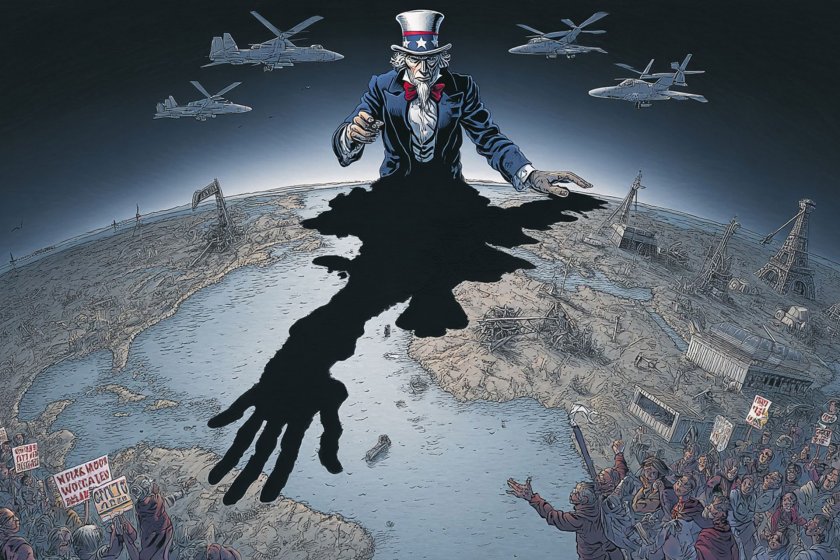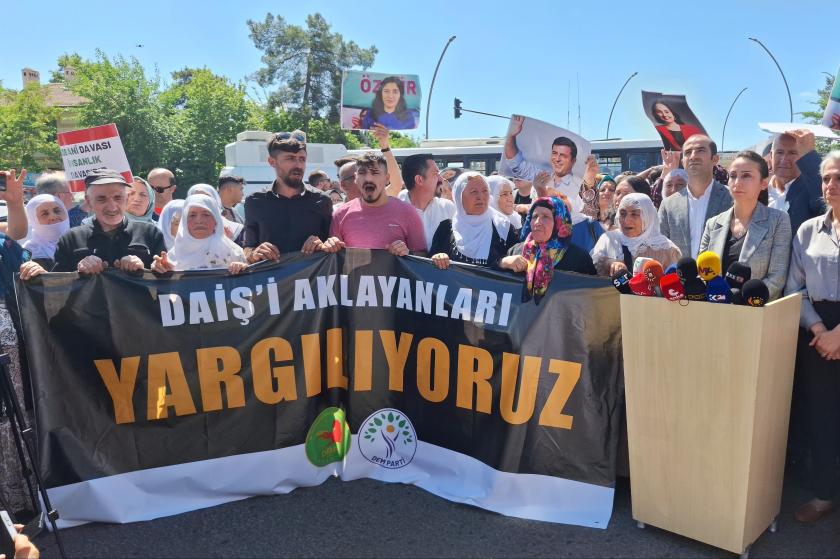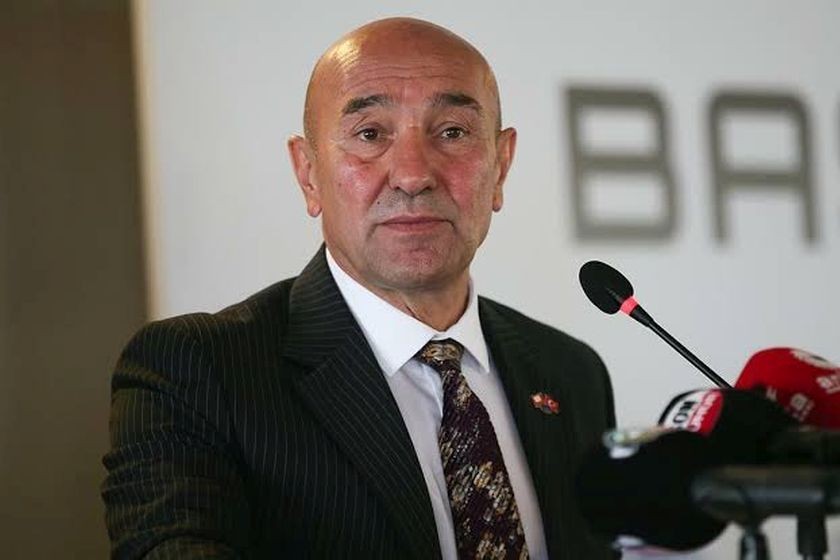Popular movements and police violence from Gezi to the Yellow Vests
It is clear that the Yellow Vests protests in France come as a warning to all regimes that close their ears to the demands of the working class.

Fotoğraf: EPA-EFE/Etienne Laurent/AA
The “Yellow Vests” resistance in France has shown once more that the bounds of democracy in Europe end when the system feels itself to be under threat. Faced with the protests launched by rural workers against neoliberal policies spreading and assuming a new dimension, the “charismatic leader” and would-be leader of Europe, Macron, had no compunctions about unleashing police terror. The French Interior Minister proclaims that they will continue to take widespread security measures throughout the country – with these “security measures” taking the form of police violence against protestors.
It is clear that the “Yellow Vests” protests in France come as a warning to all regimes that close their ears to the demands of the ranks of the working people.
So, what conclusions do Turkey’s rulers draw from these protests?
Like an all-consuming thought, Turkey’s rulers concern themselves solely with the police terror in the events in France. President Tayyip Erdoğan criticises the police violence in France saying, “Those who ridicule our police, those who say our police oppress, look now at your own police. Our police are merciful, see.” Then turning his attention to the Gezi protests, he says, “You admonished me and gave me advice, asking, ‘Why are you treating these Gezi people like this?’ Now I call out to you. In Paris, why are you treating those struggling for freedom in Paris like this?” On its heels comes Foreign Minister Mevlüt Çavuşoğlu’s pronouncement on the issue, “The extreme force used by the French police is indeed horrific. The attitude of the European Union and European countries, when confronted by the extreme force, is also horrific. And the press’s attitude is a total disaster in this sense.”
It will be recalled that Erdoğan, Prime Minister at the time, said with reference to the police violence that caused the death of eight people during the Gezi-June resistance in 2013, “Our police were legendary in their heroism.” That is, Turkey’s rulers’ obsession with the French police derives from the endeavour to legitimize implementations of violence in Turkey, not some kind of love for democracy. The reopening of the Gezi case following the passage of five years at just the time the “Yellow Vests” protests are taking place makes it abundantly clear what the rulers’ real concern is.
The rulers and their media would have it that the Gezi-June protests, a popular movement that saw the participation of millions of people from all circles in nearly all of Turkey’s cities, were a planned “coup attempt.” Star columnist Ersoy Dede, one of the staunchest defenders of police violence at the time of Gezi, brings the good tidings in his article titled “Gezi was a Planned Organization” that, following the laying of charges against 120 people in Ankara, Istanbul Republic Chief Prosecution has also brought the file down from the shelf and signals that this investigation will be used to cow all sections of society who oppose the ruling body in saying, “Let us see where and who this investigation will stretch to.”
It is evident that those who cited the state of emergency in France as grounds for stretching out over two years the state of emergency regime, which they proclaimed with the stated aim of combatting the coupists but said would not even last three months, are nowadays raising and discussing the issue of police terror in France to justify their own policies of oppression.
The question begs itself at this point as to whether Turkey’s rulers are indeed in a position to say anything about France.
In fact, with his words, “Our police are merciful, see,” President Erdoğan explains away the situation in Turkey with an allusion to the “pot calling the kettle black,” but let us put to one side the violence at the time of the June popular movement that cost the lives of eight people and left hundreds injured. Does not the failure for a probe to be launched into even a single police officer or soldier in the period in which towns such as Sur, Cizre, Şırnak, Nusaybin and Yüksekova in this country were on the brink of total demolition show that these policies of violence and oppression by France pale into insignificance compared to Turkey’s?
To sum up, the concern of Turkey’s rulers, even while shouting their criticism of police violence in France from the rooftops, is to martial the events in France in support of settling scores with the popular movement in their own country. But, contrary to the allegations of the rulers’ mouthpieces like Ersoy Dede, popular movements cannot be thus planned and ordained in advance in terms of time, day and venue. The ever-growing “Yellow Vests” movement which persists in its just demands despite so much violence is one of the greatest proofs of this. And, if rulers are to draw lessons from such movements, this lesson surely must not be to try to beat down the people’s demands and expectations with policies of duress and violence!
Translated by Tim Drayton






Evrensel'i Takip Et